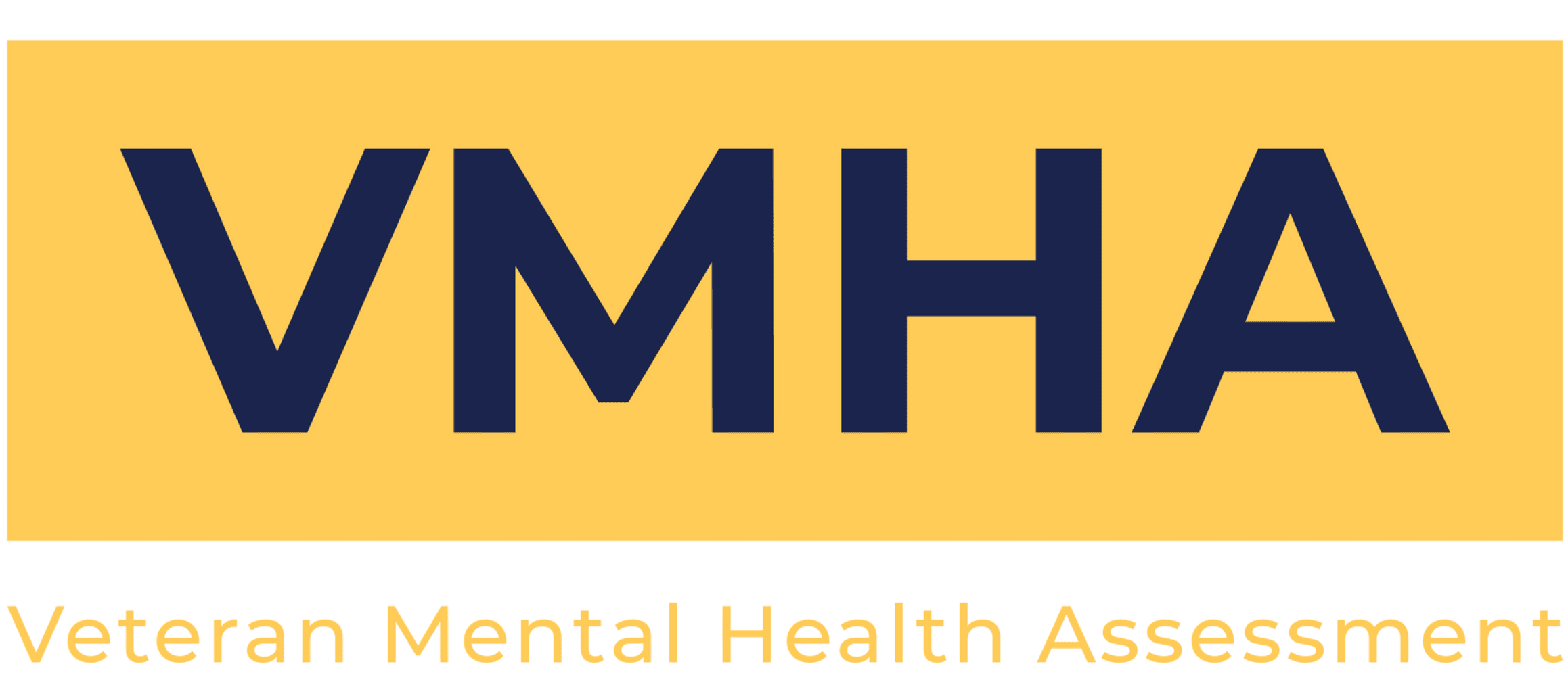Many veterans start their initial mental health claim not realizing they need an accurate diagnosis from a mental health professional. They file a mental health claim for whichever diagnosis they self-diagnose or were told by their fellow veterans or claims support. On the other hand, VMHA Independent Medical Opinions ensure you start your claim with an accurate diagnosis and evidence.
The way the current system is set up, a veteran can file a claim for any mental health diagnosis they choose. The problem with this freedom of choice is that most veterans (and the individuals helping them) are not mental health clinicians. They are not trained in assessment and diagnosis. These individuals have no way of knowing whether the diagnosis they are claiming is accurate or way off the mark. They shouldn’t be expected to.
This is the first reason it is extremely important for veterans filing an initial claim to submit verification from a licensed mental health provider that they meet criteria for the diagnosis they are claiming. Without this, you are risking having your claim denied. With a claimed diagnosis that is only a guess and not a professional opinion, the C & P exam may find that the veteran does not meet criteria for that diagnosis, may or may not be thorough enough to figure out what diagnosis they do meet criteria for, and may ultimately lead to an unfavorable result for the veteran.
Does this process sometimes work in favor of the veteran who does not submit an independent medical opinion with his or her claim? Sure. But many more are denied, and the ramifications for those that are denied their claim because their diagnosis is inaccurate are great. Your claim process starts over. You lose time. And your compensation is delayed, if you’re lucky.
But let’s say your claim does get approved after the C & P exam, without an independent medical opinion. Unfortunately, there is another hurdle to jump. When your disability is determined to be service-connected, it is given a rating. This rating corresponds with the level of impairment or impact on your daily functioning. It corresponds with the level of benefits you will receive and ranges from 0-100%. This determination is made through evidence that the C & P examiner has access to.
Ultimately, the VA is looking for very specific information that corresponds with their various rating levels to make their determinations. Veterans usually do not come to the C & P exam knowing what information the VA needs to know. Unfortunately we have heard many stories of veterans not being asked the right questions in their exams or being matched with an examiner who lacks empathy. This hinders the veteran’s comfort level in sharing. Ultimately, leading to a lack of information shared by the veteran contributing to the rating determination.
Unfortunately, if you seek a mental health assessment from a professional outside of the VA, success is not guaranteed. To be successful, your evaluation needs to provide the relevant information for your claim. Many well-intentioned providers do not understand the VA claims process. As a result, they lack knowledge of what the VA is looking for in an independent medical opinion.
Comparatively, You need a provider who is intimately familiar with the information required by the VA and who can perform your assessment with care and compassion. This creates a safe environment for you to share aspects of your life that you may have never shared with anyone else. These factors combined will enable you to receive an accurate rating from the VA.
Additionally, with a quality mental health assessment, you may not need a C & P exam at all. The VA is moving toward accepting assessments and evidence such as those provided by VMHA as all of the evidence needed to make a claim determination. As a result, this can cut down on your processing time and enable you to receive your benefits faster.
The third reason our Independent Medical Opinions benefits your claim is that we provide a Nexus statement. The VA weighs these heavily in determining service connection. A Nexus statement is the provider’s official stated opinion linking your mental health condition to your military service. The link between your mental health distress and your military service is critical for your claim to be accepted. The VA could agree that you have depression, for example. But, may determine that your depression was caused by factors outside of service. Essentially, this will result in you not receiving benefits for that disability.
Veterans receiving mental health treatment for at least 12 weeks can receive a Nexus letter from their provider. Accordingly, this letter, done correctly, can establish service connection. This can be the most cost effective option for you. But if you do not fall into that category, an independent medical opinion with a Nexus statement is the best option to fulfill this need. Without a Nexus, you will have to trust the VA to use the information you’ve provided in your claim. The VA will use your evidence provided to attempt to link your mental health condition and your military service. In both initial claims and appeals, an appropriate Nexus, combined with sufficient evidence, can make or break your claim.
In short, to maximize your chances of success in filing your VA mental health claim, we recommend receiving an independent medical opinion that fulfills three needs:
Currently, VMHA specializes in providing independent medical opinions that meet these needs. If you are ready to file your mental health claim, sign up for our free consultation, and we will share more about how our experienced psychologists can strengthen your claim and increase your chances of success.

